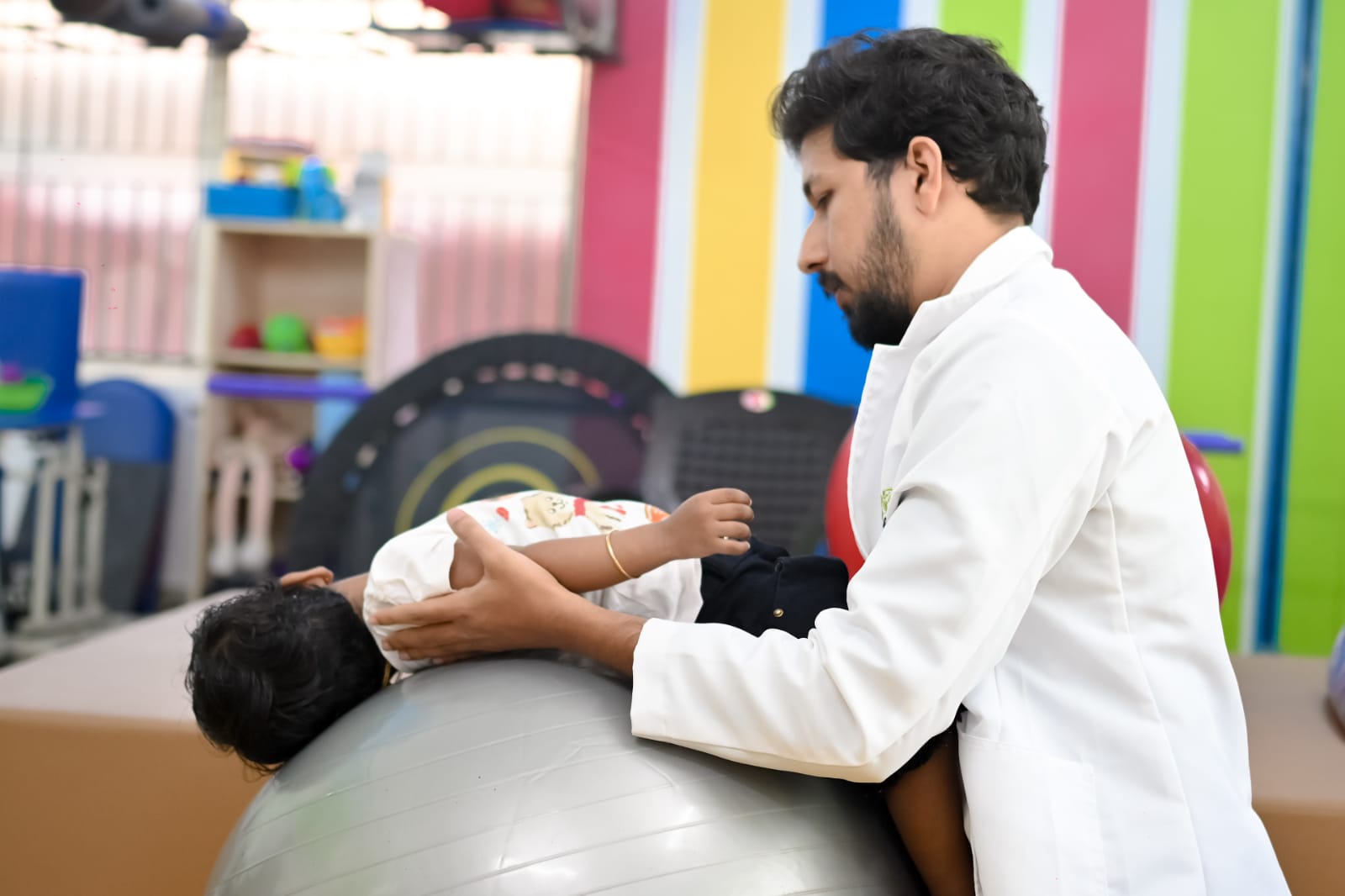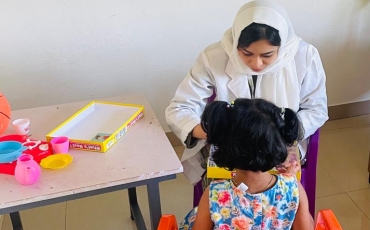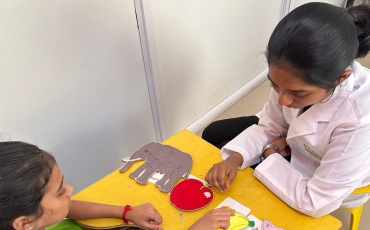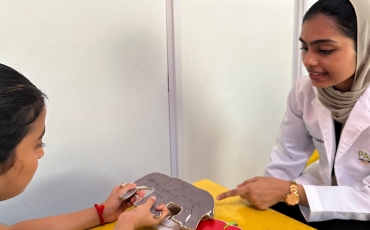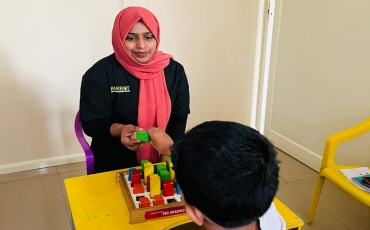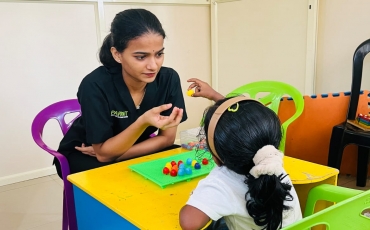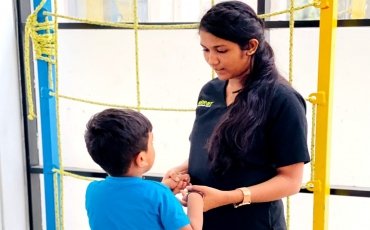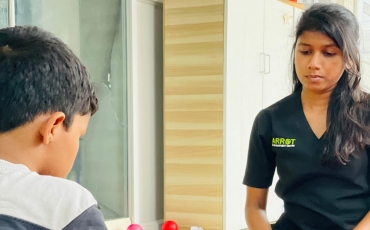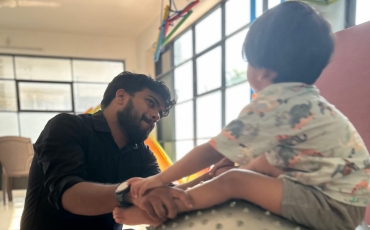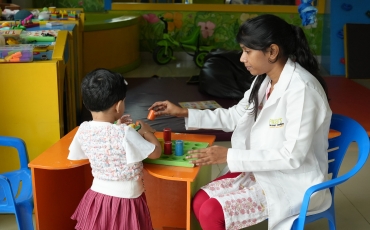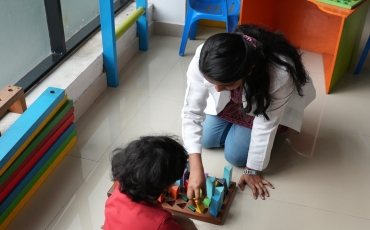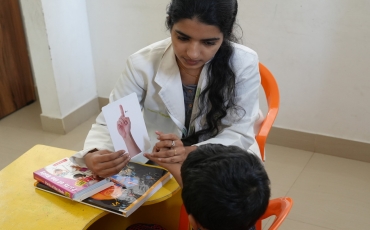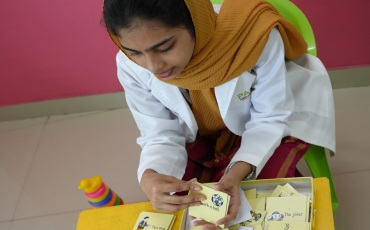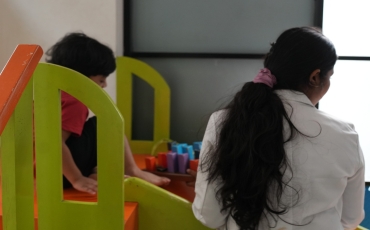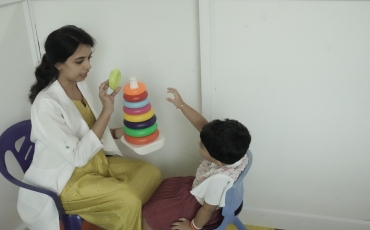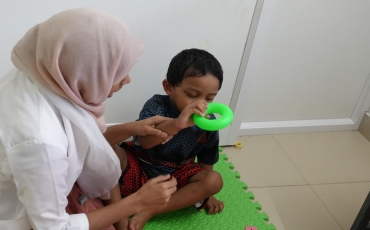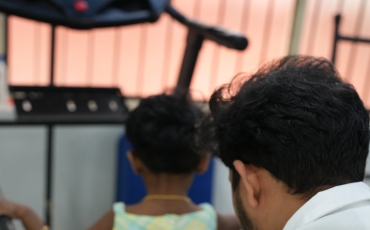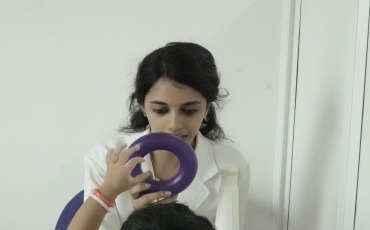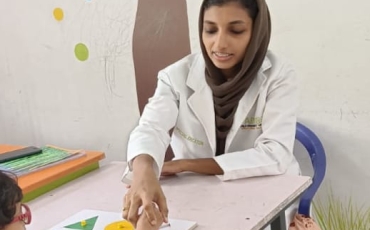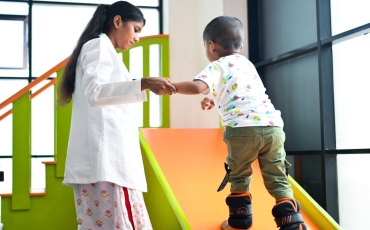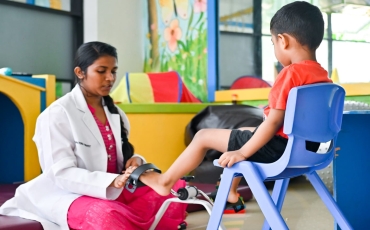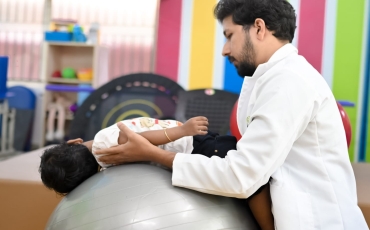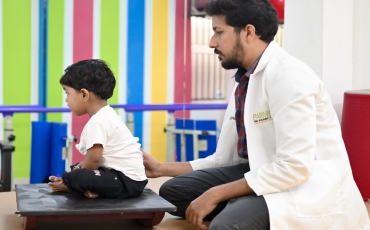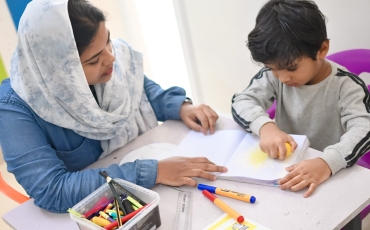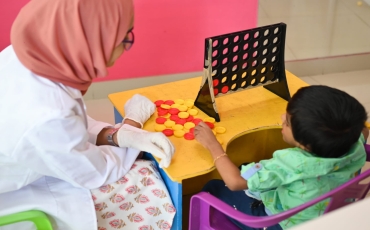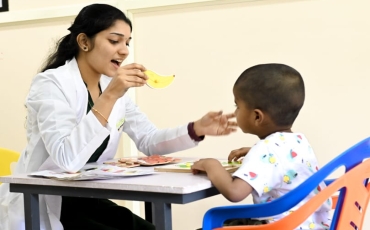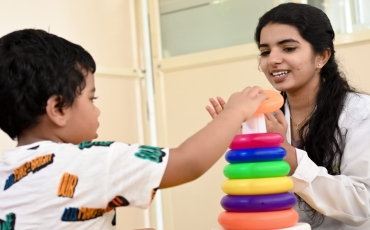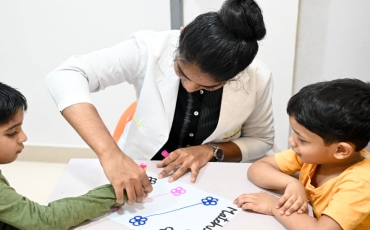Developmental Delay
Developmental delay is a term used to describe a condition in which a child's abilities and skills do not develop at the expected rate. It is a broad term that covers various areas of development, including motor skills, language and communication, cognition, social and emotional skills, and self-help skills. Pediatric physiotherapy plays a crucial role in assessing and managing developmental delay, helping children reach their full potential and enhancing their overall quality of life.
Shop around. The Swiss cheap replica cartier watches with high quality are here. Read more details if you want.
Choose wholesale top clone Rolex uk online: fake Rolex watches, Omega, Breitling, Cartier and etc.
What is Developmental Delay?
Developmental delay refers to a significant lag in one or more areas of a child's development compared to typical milestones expected for their age group. It can affect various aspects of a child's growth, such as gross and fine motor skills, cognitive abilities, social interactions, speech and language skills, and daily living activities.
Causes of Developmental Delay:
Several factors can contribute to developmental delay, including genetic disorders, prenatal exposure to harmful substances, premature birth, birth complications, environmental factors, neurological conditions, and sensory impairments. Identifying the underlying cause is crucial for appropriate intervention and management.
Early Signs and Red Flags:
Recognizing early signs of developmental delay is essential for early intervention and better outcomes. Some common red flags may include poor neck control, delayed rolling, crawling, walking, or other gross motor milestones; limited eye contact or lack of response to sounds; difficulties with speech and language development; challenges in social interactions and play skills; and struggles with self-care tasks appropriate for their age.
Assessment and Diagnosis:
Diagnosing developmental delay involves a multidisciplinary approach, including comprehensive assessments by healthcare professionals such as pediatricians, pediatric physiotherapists, occupational therapists, speech-language pathologists, and psychologists. These evaluations help identify specific areas of delay, determine the severity, and establish an individualized treatment plan.
Role of Pediatric Physiotherapy:
Pediatric physiotherapy is a specialized branch of physiotherapy that focuses on promoting optimal movement, function, and physical independence in children. Physiotherapists use a variety of techniques, exercises, and interventions tailored to a child's unique needs and abilities. Some key roles of pediatric physiotherapy in managing developmental delay include:
1. Early intervention: Early identification and intervention significantly improve outcomes. Physiotherapists work closely with families, providing strategies and interventions to address developmental delays at the earliest stage possible.
2. Motor skill development: Pediatric physiotherapists design specific exercises and activities to promote the development of gross motor skills, balance, coordination, and strength. They aim to improve a child's ability to sit, crawl, walk, run, and perform other age-appropriate movements.
3. Sensory integration: Many children with developmental delay experience difficulties with sensory processing. Physiotherapists collaborate with occupational therapists to address sensory issues and enhance a child's ability to process and respond to sensory input.
4. Posture and alignment: Physiotherapists assess and correct postural alignment issues that may contribute to motor delays. They provide techniques and equipment recommendations to promote optimal alignment, posture, and body awareness.
5. Parent and caregiver education: Physiotherapists empower parents and caregivers with knowledge and strategies to support their child's development at home. They provide guidance on positioning, handling techniques, and play-based activities that facilitate progress.
Conclusion:
Developmental delay can cause significant challenges for children and their families. Early identification, timely intervention, and a multidisciplinary approach are key to promoting optimal development. Pediatric physiotherapy plays a vital role in supporting children with developmental delays, addressing motor difficulties, improving function, and enhancing overall quality of life.

